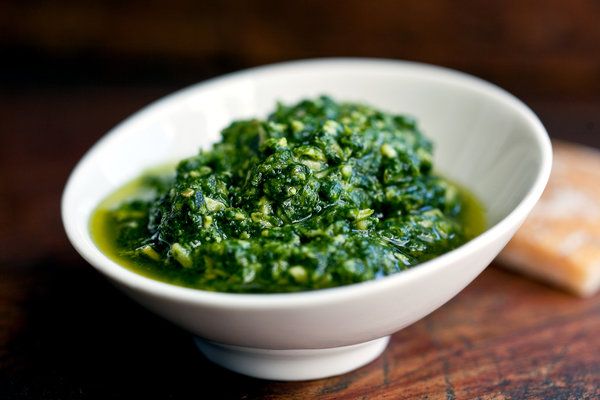This is your morning Open Thread. Pour your favorite beverage and review the past and comment on the future.
Find the past “On This Day in History” here.
October 23 is the 296th day of the year (297th in leap years) in the Gregorian calendar. There are 69 days remaining until the end of the year.
According to the official records of the Army Graves Registration Service deposited in the U.S. National Archives in Washington, four bodies were transported to Chalons from the cemeteries of Aisne-Marne, Somme, Meuse-Argonne and Saint-Mihiel. All were great battlegrounds, and the latter two regions were the sites of two offensive operations in which American troops took a leading role in the decisive summer and fall of 1918. As the service records stated, the identity of the bodies was completely unknown: “The original records showing the internment of these bodies were searched and the four bodies selected represented the remains of soldiers of which there was absolutely no indication as to name, rank, organization or date of death.”
The four bodies arrived at the Hotel de Ville in Chalons-sur-Marne on October 23, 1921. At 10 o’clock the next morning, French and American officials entered a hall where the four caskets were displayed, each draped with an American flag. Sergeant Edward Younger, the man given the task of making the selection, carried a spray of white roses with which to mark the chosen casket. According to the official account, Younger “entered the chamber in which the bodies of the four Unknown Soldiers lay, circled the caskets three times, then silently placed the flowers on the third casket from the left. He faced the body, stood at attention and saluted.”
Bearing the inscription “An Unknown American who gave his life in the World War,” the chosen casket traveled to Paris and then to Le Havre, France, where it would board the cruiser Olympia for the voyage across the Atlantic. Once back in the United States, the Unknown Soldier was buried in Arlington National Cemetery, near Washington, D.C.
The World War I Unknown lay in state in the Capitol Rotunda from his arrival in the United States until Armistice Day, 1921. On November 11, 1921, President Warren G. Harding officiated at the interment ceremonies at the Memorial Amphitheater at Arlington National Cemetery. During the ceremony, the World War I Unknown was awarded the Victoria Cross by Admiral of the Fleet Lord Beatty, on behalf of King George V of the United Kingdom. (The Victoria Cross being the highest award for valour issued in the UK, on par with the Medal of Honor. Earlier, on March 4, 1921, the British Unknown Warrior was conferred the U.S. Medal of Honor by General of the Armies John Pershing.) In 1928, the Unknown Soldier was presented the Silver Buffalo Award for distinguished service to America’s youth by the Boy Scouts of America.


 According to Wikipedia
According to Wikipedia 
 Welcome to the Stars Hollow Health and Fitness weekly diary. It will publish on Saturday afternoon and be open for discussion about health related issues including diet, exercise, health and health care issues, as well as, tips on what you can do when there is a medical emergency. Also an opportunity to share and exchange your favorite healthy recipes.
Welcome to the Stars Hollow Health and Fitness weekly diary. It will publish on Saturday afternoon and be open for discussion about health related issues including diet, exercise, health and health care issues, as well as, tips on what you can do when there is a medical emergency. Also an opportunity to share and exchange your favorite healthy recipes. 

Recent Comments